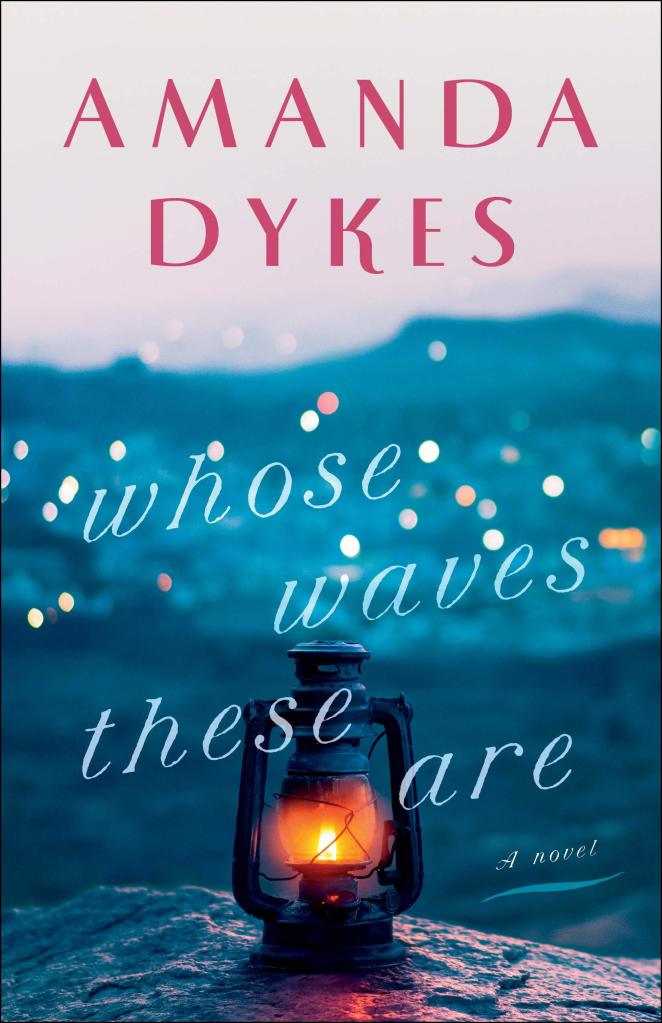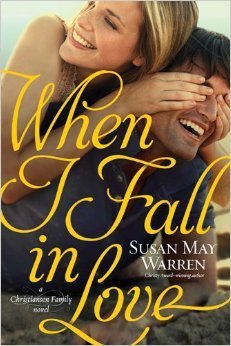In Now and Then and Always, a novel by Melissa Tagg, Mara Bristol found refuge. Her father had left the family when she was a child. Her mother was so distraught that she was emotionally unavailable to Mara. When her mother died, Mara found various nanny jobs until the last one ended in disaster and danger.
Learning of the Everwood Bed and Breakfast through a rest stop brochure, Mara heads to Maple Valley, Iowa, to find it. The building is charming with good bones, but it’s a little run down. However, it is presided over by a sweet older lady, Lenora, who takes Mara in. Mara is not a Christian and had never felt she was important enough for God to notice. But Lenora sees her as a God-sent daughter. Mara’s stay extends for months.
Then one day, Lenora has to take a trip and asks Mara to take care of the B&B until she returns.
Except she doesn’t return. She doesn’t have a cell phone, so Mara can’t contact her. When foreclosure notices arrive, Mara wonders if Lenora knew of the impending doom and fled. Once again, Mara feels forsaken and alone.
One stormy night, Detective Marshall Hawkins arrives on the Everwood’s doorstep. His only daughter had died two years before, and he’s stuck in his grief. His wife left him. He nearly got addicted to painkillers for constant migraines. He refused to admit anything was wrong, until mistakes in his job led his captain to put him on administrative leave. Marshall packed up and headed out with no destination in mind until stumbling upon Everwood, which looks just like the ideal house that his daughter loved in a magazine ad.
Mara becomes friends with some of the townspeople and with Marshall, who help her renovate Everwood. But as the house reveals its secrets they begin to wonder if Lenora knew them and if she is in danger.
There’s a lot going on in this book. Each main character and even the side characters have multiple issues. Then there’s the house itself and its secrets and background. The mystery of what went on there and what happened to Lenora were both quite good mysteries.
I ended up enjoying the book and I was glad I stuck with it, but I was about ready to toss it during the first two chapters. Much of the dialogue was extremely stilted due to paragraphs of backstory or description or information between each line.
Some of my favorite quotes:
Far be it for me to speak for the Almighty, but I feel fairly confident saying God isn’t looking for impressive people. He’s looking for people who are willing to be impressed by Him.
But I don’t want to spend my life letting my pain be the lens through which I see the world.
Kindness is its own shade of heroism.
Don’t underestimate God’s ability to use even the things we label as random.
She didn’t have to know how it would all work. She just had to take the next step.
I listened to the audiobook, which is free for Audible subscribers until May 7.










